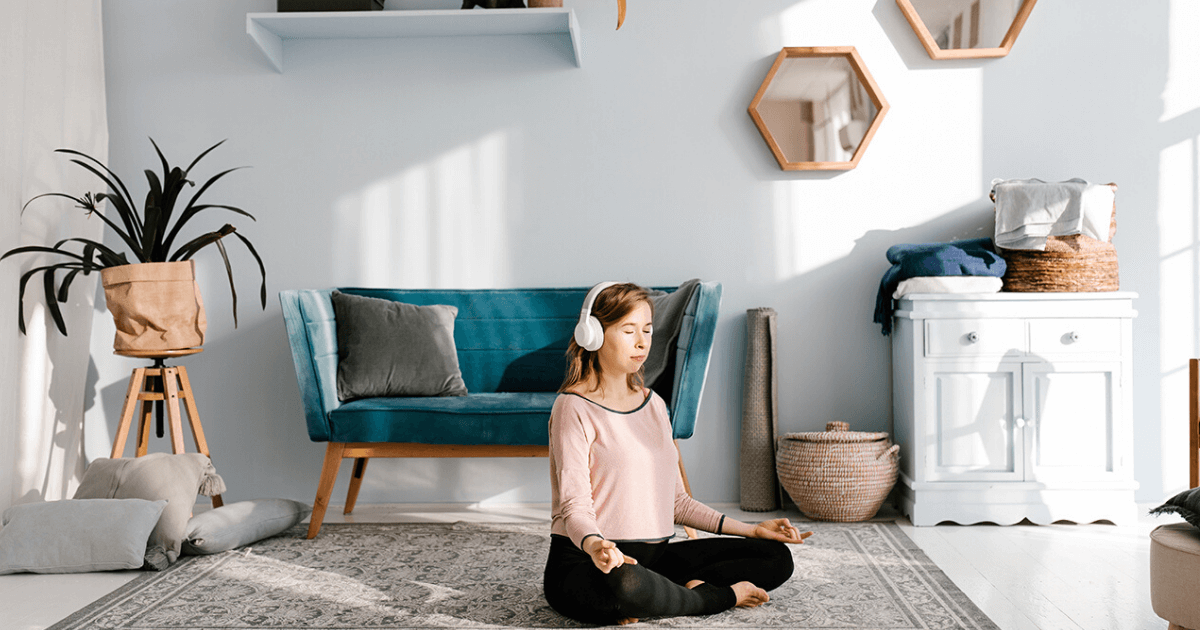
I was talking to my brother, who’s an internationally known epidemiologist, about my concern that we could be stuck at home through June of next year. My wife and I have enough co-morbidity that we have to be extra careful. And yes, it has come to that; I am using “co-morbidity” in a housing blog. His response to what I thought was a particularly pessimistic outlook made my heart sink into my shoes. “You mean because we’ll have a vaccine then? Like AIDS or malaria? Like those vaccines?” He made clear that he wasn’t saying we won’t have a vaccine. We very well may. But he was clear about this: we still know very little about this virus, and even less about what will happen 12 weeks from now, let alone 12 months from now. It’s a breathtakingly depressing but coldly realistic truth.
For those engaged in fighting the pandemic, and in particular, for those of us fighting the devastating economic impact, depression is an occupational hazard, a dangerous distraction, and a fact of life. How can we not be depressed with tens of millions out of work and at risk of losing their homes, while more than 145,000 of us have died and fatalities increase daily. The better question is, how can we work past our human feelings to allow us to focus on our contribution to reducing the suffering around us? How do we take care of ourselves, so we are available to take care of others?
We’ve all heard the announcement on the plane countless times. “Should the cabin lose pressure, oxygen masks will drop from the overhead area. Please place the mask over your own mouth and nose before assisting others.” It’s not our nature to ignore the person at risk sitting next to us, especially if it’s a loved one, but if we pass out while trying to help them we are both in trouble. Self-care is the foundation of caring for others.
This is why NHC has committed resources to the creation of a new page on the COVID-19 Housing Resource Center website called the Oxygen Mask Rule. It is your resource for help coping with the burden of this crisis while we work together to lessen the burden on our fellow Americans. It includes links to resources on diet, exercise, meditation, counseling and parenting. We are eager to hear any additional suggestions from you about what would be helpful so we can add them to the site. You can email us at covid19staff@nhc.org.
I’ve never been much of a bird-watcher, but recently we hung a bird feeder, and I broke out my 300mm telephoto lens to take pictures during lunch. It requires concentration and quick reflexes, helping me clear my head in the middle of the day. I also like to start my day with a 10-mile bike ride if I can. I notice the difference when I choose to sleep in instead. Recently, I downloaded the Calm app, which has a lot of great tools. The sleep aid section features John McEnroe reading the entire tennis rulebook. At the end, he says “if you are still awake then you love tennis more than I do.”
We are living through history, and living through history sucks. It brings out the best in some and the worst in others. But most of us experience a combination of both on any given day. I try to keep that in mind during the hard ones. And I try to take my own advice by slowing down and resetting whenever possible. We hope this new Oxygen Mask Rule page helps you do the same.
Be well and stay healthy. We’re in this for the long haul – together.
David M. Dworkin is president and CEO of the National Housing Conference.

